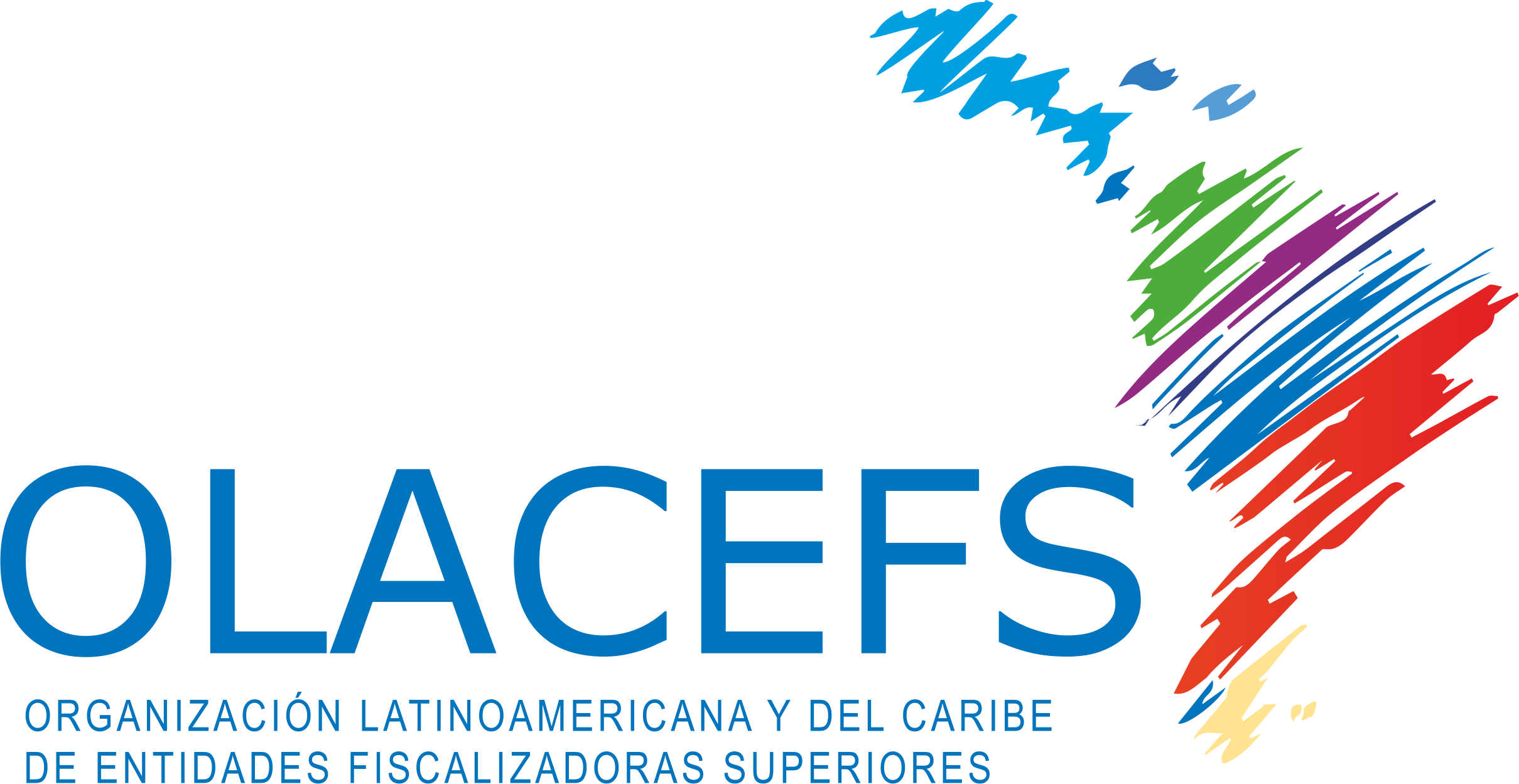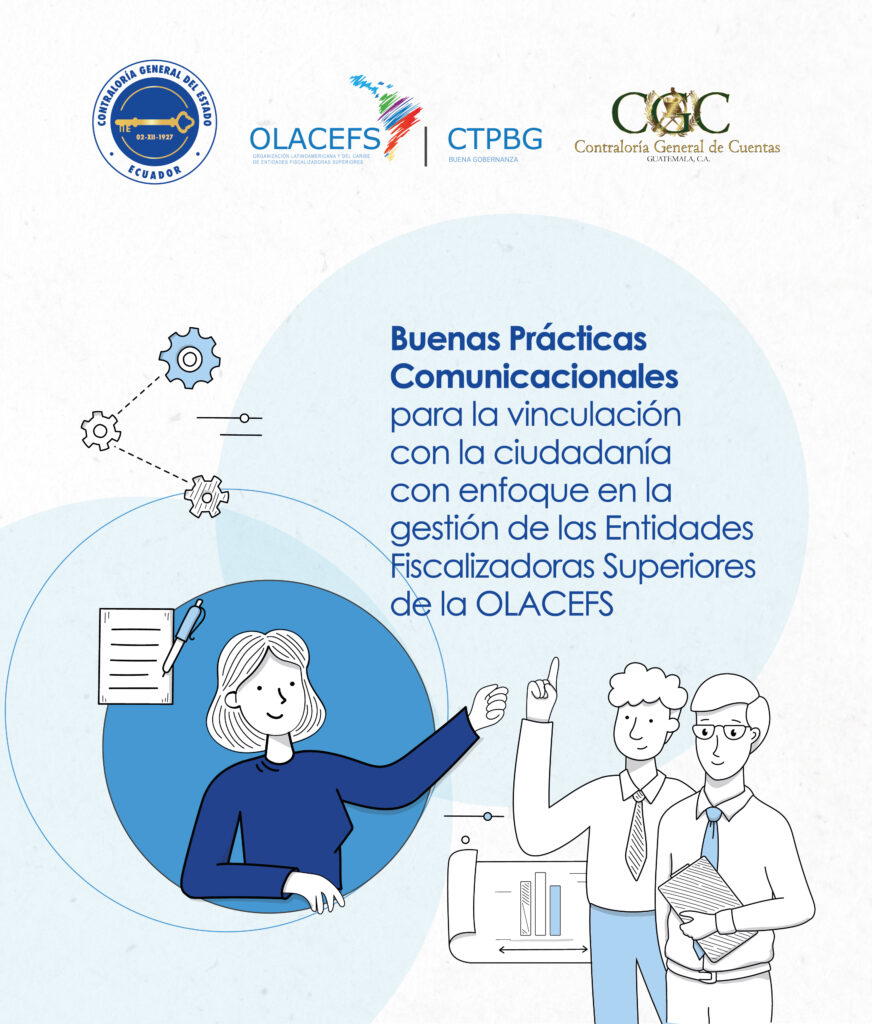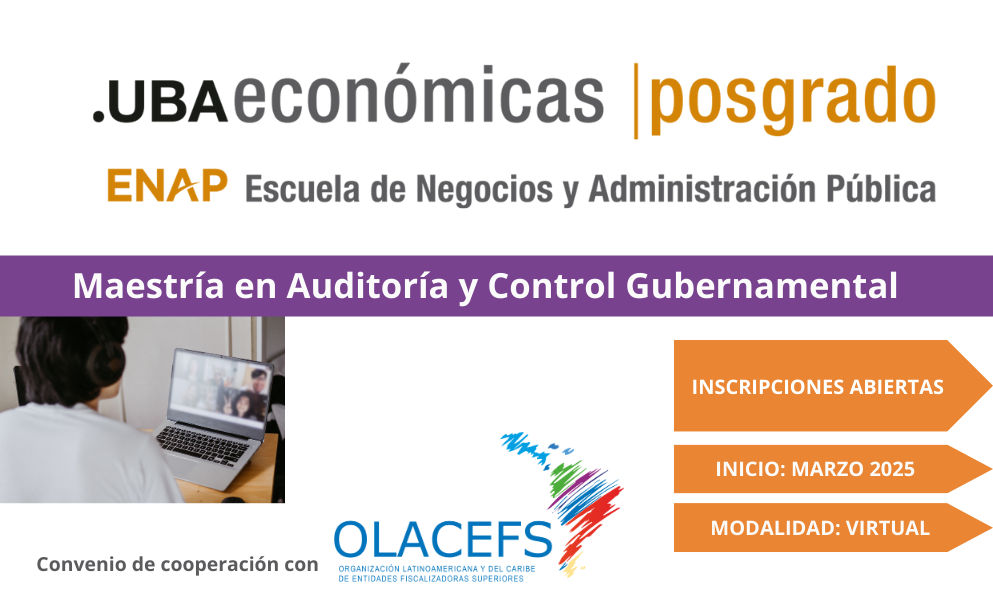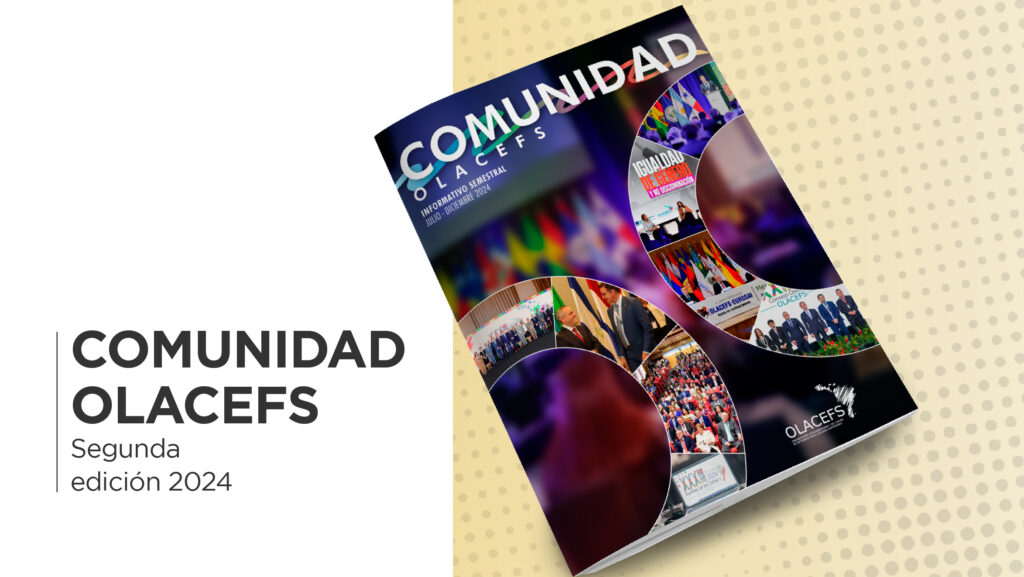Luis Fernando Velasquez Leal
Executive Director
Corporación Acción Ciudadana Colombia (AC-Colombia)
[email protected]
I recently had the opportunity to share, in both institutional and civil society spaces, some reflections on the challenges of governance in Latin America and the Caribbean in the current context of the pandemic generated by COVID-19.
In this regard, I would like to draw attention to these challenges and to the importance of generating innovative actions to mitigate the political, social and economic costs of the pandemic.
Already in several countries of the region there is clear evidence of the effects of the misuse of resources to meet the emergency, the concentration of power in the decisions of the executive branch, legal uncertainty due to the effect of the measures adopted, public insecurity resulting from the scarcity of resources to meet subsistence needs, social conflict as a result of social demands that advocate for spaces of political and economic engagement against exclusion and inequality; governmental inefficiency in solving emerging problems and improvisation in the formulation and implementation of public policies, as well as high levels of indebtedness to address the crisis and move towards economic recovery.
While the challenges are not minor, it is possible that innovative solutions will emerge in the midst of the crisis if, and only if, the various proposals decisively involve State institutions, including control entities, civil society, the private sector and development finance institutions, among many other actors.
In the field of auditing, the Supreme Audit Institutions (SAIs) play a fundamental role, not only because of the challenges of meeting the growing citizen demands that require timely and effective control over the large sums of public money that are being used, but also because the new context provides an exceptional opportunity to make the necessary institutional adjustments with an innovative and inclusive approach.
In this sense, I would like to address some of the opportunities that could be exploited to improve the impact of auditing and contribute to building citizen confidence in institutions, some of which are already being implemented in some SAIs in the region.
Firstly, to assess whether the current legal frameworks facilitate the optimal auditing of emergency resources and promote, if necessary, the necessary regulatory reforms.
Secondly, to analyze the adaptive capacities of SAIs to respond to the new paradigms and demands of auditing. This implies strengthening direct work with the beneficiaries of the institutional management of the audited entity and therefore improving the capacities of officials to interact with people.
Thirdly, reflect on the extent to which it is necessary to reinforce and even reformulate the different strategies for the relationship of control entities with civil society groups, the media and the beneficiaries of governmental management in order to count them as allies in the audit task. .
In this sense, the current circumstance provides both an exceptional opportunity to innovate in new ways, as well as possibilities for SAIs to collaborate with multiple stakeholders with a view to improving the quality of control in times of emergency.
For this purpose, actions such as the following could be developed:
- A reading of the context or self-diagnosis of the current situation of the legal frameworks and methodologies that regulate the control work.
- The review of the relationship models with stakeholders. And here it is necessary to point out the importance of matching the institutional supply with the demand from the interest groups.
- The review of regional experiences that have promoted citizen engagement in the different phases of the auditing process. There are very valuable experiences and lessons learned there that could generate greater confidence in the audit work.
- The use of the results of the audits by promoting citizen follow-up to the recommendations. This necessarily involves establishing collaboration agreements between the control entities, the audited entities, the interested civil society organizations and the direct beneficiaries of the services provided by the State.
- The use of the results of the coordinated audits to promote regional analysis of the state of affairs and contribute to the opening of spaces for citizen advocacy in the improvement of public policies. This would contribute substantially to strengthening the role of SAIs in achieving Sustainable Development Goal 16 on strong institutions at the regional level.
- The promotion and use of information technologies as a contribution to citizens being able to follow up on institutional control work including relevant information on budgets, disbursements and expenditures; and to report on the benefits or non-conformities with respect to programs aimed at mitigating the effects of the pandemic. In any case, it is necessary that the design and development of technological innovations at the service of the citizen consider the needs of users and carry out recurrent use tests to verify if they really work, in addition to considering the technological barriers that this type of technology presents.
Although the tasks are challenging, it is essential to not lose sight of the fact that addressing the challenges of auditing in a timely manner could contribute to putting an effective check on the high risk of misuse of resources intended to mitigate the effects of the emergency and increase citizen confidence in control work.
About the Author :
Luis Fernando Velásquez Leal is executive director of the Corporación Acción Ciudadana Colombia (AC-Colombia). In 1998, he led the design and implementation of the first citizen engagement program in fiscal control developed in Latin America and the Caribbean. Since then, it has promoted the development of innovations in terms of access to information, accountability and citizen engagement as a tool for improving government management





